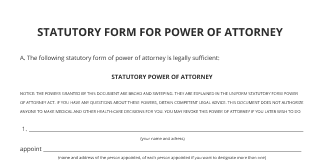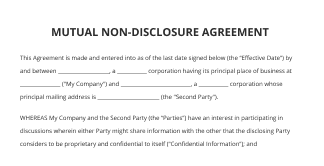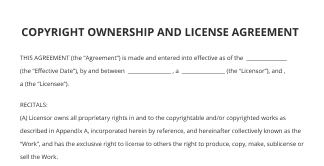Electronic Signature Mortgage Deed Made Easy
Do more on the web with a globally-trusted eSignature platform
Remarkable signing experience
Reliable reporting and analytics
Mobile eSigning in person and remotely
Industry regulations and compliance
Electronic signature mortgage deed, faster than ever before
Handy eSignature extensions
See airSlate SignNow eSignatures in action
airSlate SignNow solutions for better efficiency
Our user reviews speak for themselves






Why choose airSlate SignNow
-
Free 7-day trial. Choose the plan you need and try it risk-free.
-
Honest pricing for full-featured plans. airSlate SignNow offers subscription plans with no overages or hidden fees at renewal.
-
Enterprise-grade security. airSlate SignNow helps you comply with global security standards.

Your step-by-step guide — electronic signature mortgage deed
Adopting airSlate SignNow’s electronic signature any business can increase signature workflows and sign online in real-time, supplying an improved experience to clients and workers. Use electronic signature Mortgage Deed in a few easy steps. Our handheld mobile apps make operating on the go achievable, even while offline! Sign contracts from anywhere in the world and complete deals quicker.
Take a step-by-step instruction for using electronic signature Mortgage Deed:
- Sign in to your airSlate SignNow profile.
- Find your record in your folders or import a new one.
- Open up the record and make edits using the Tools menu.
- Drag & drop fillable fields, type textual content and sign it.
- Add numerous signees using their emails configure the signing sequence.
- Indicate which users will get an signed version.
- Use Advanced Options to restrict access to the record add an expiration date.
- Click on Save and Close when completed.
Furthermore, there are more advanced tools available for electronic signature Mortgage Deed. List users to your collaborative digital workplace, browse teams, and keep track of cooperation. Millions of customers all over the US and Europe recognize that a system that brings everything together in one cohesive enviroment, is the thing that organizations need to keep workflows functioning easily. The airSlate SignNow REST API allows you to embed eSignatures into your application, internet site, CRM or cloud storage. Try out airSlate SignNow and enjoy quicker, easier and overall more efficient eSignature workflows!
How it works
airSlate SignNow features that users love
See exceptional results electronic signature Mortgage Deed made easy
Get legally-binding signatures now!
FAQs
-
Can you witness an electronic signature?
Witnessing and attestation If a document must be witnessed, the witness must be physically present but the witness can electronically sign the document. -
Can you sign closing documents electronically?
Your real estate agent may email you a scanned copy of your closing documents, as a PDF attachment. You don't have to print the PDF to sign your refinance or real estate documents. Make your life easier by electronically signing them\u2014even from your phone. ... Use the same process for electronically signing a Word document. -
Can my girlfriend witness my signature?
A party to a deed cannot be a witness to another signature to that deed. Legislation does not prohibit a signatory's spouse, co-habitee or civil partner from acting as a witness and it is also generally acceptable for an employee of a party to witness that party's signature. -
What is an e closing?
eClosing: A closing process where one or more of the required closing documents are accessed, presented and signed electronically: ... Hybrid eClosing: The Promissory Note is signNowed out and wet-signed, as well as at times the mortgage document, while all other documents are electronically signed and signNowd. -
How do you sign a stock transfer form?
1 Consideration money. ... 2 Full name of Undertaking. ... 3 Full description of Security. ... 4 Number or amount of Shares, Stock or other security. ... 5 Name(s) and address of registered holder(s) ... 6 Signature(s) ... 7 Name(s) and address of person(s) receiving the shares. -
Is an image of a signature legally binding?
Obviously, you cannot just take a picture of your signature on a piece of airSlate SignNow, crop it, and paste in your documents to use it for making the documents \u201clegal\u201d; this method will not provide any decent level of evidence as someone else can easily copy-paste it from your document to another document. -
Is a typed signature legally binding?
Does typed signature count? No. There are a number of eSignature laws across the world, such as ESIGN and UETA, which define what constitute a legally binding esignature. ... Simply typing your name into a document cannot tie the signature to the document.












































